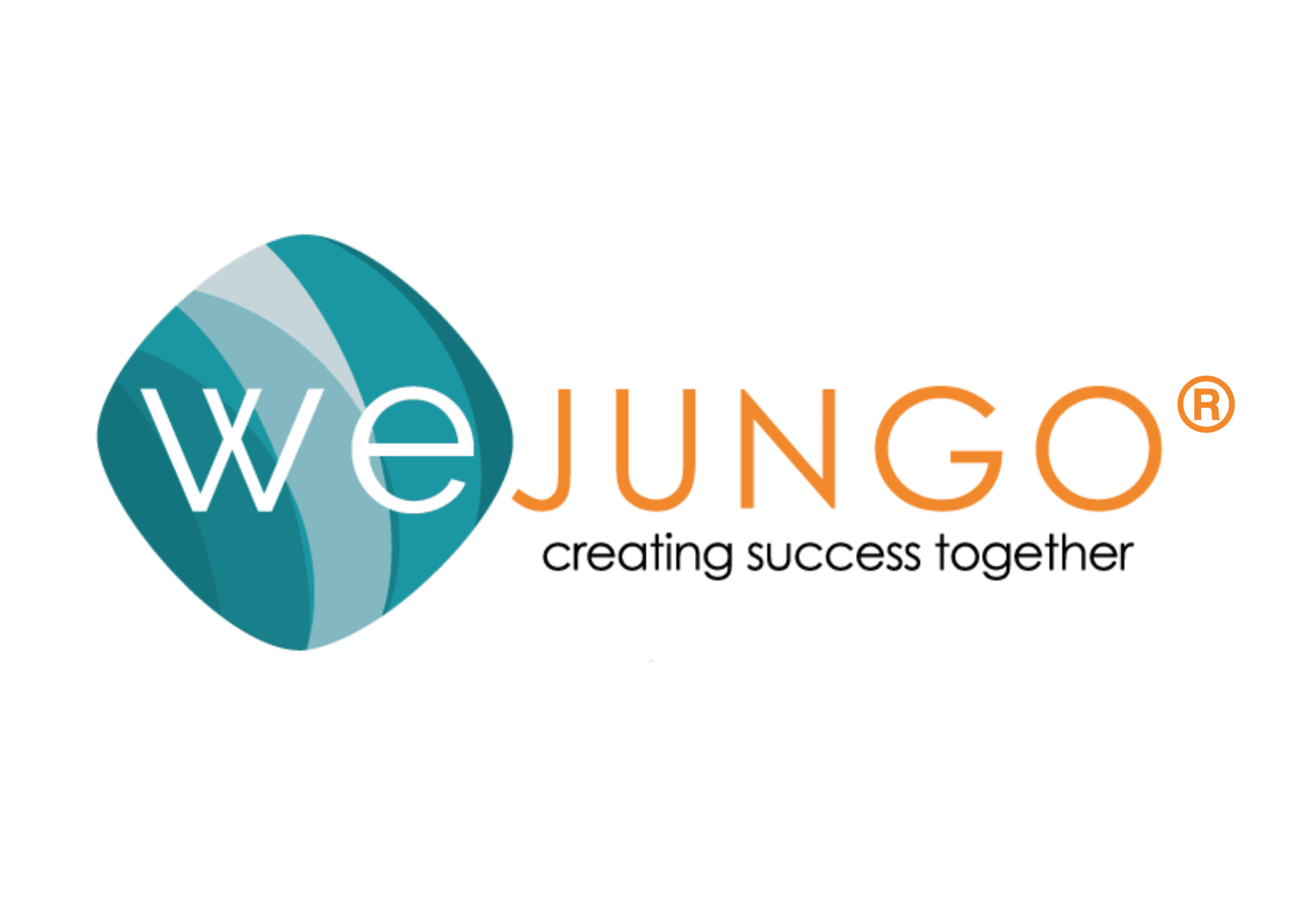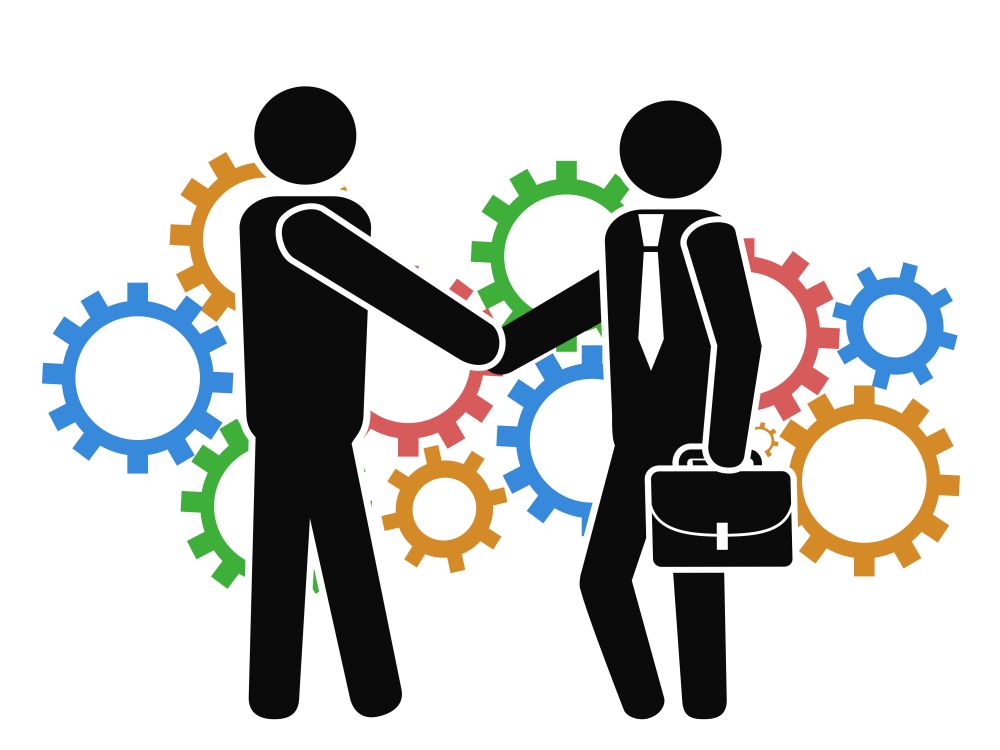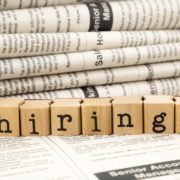Hiring in 2020: Hire the RIGHT Person the First Time
“The worst thing about having an average employee are not the mistakes they’re going to make, the worse thing is they are taking up space that could be occupied by someone phenomenal.” – Bill Gates
Too many times over the past few years, we have seen companies small and large not taking the time to hire right the first time with the excuse or rationale that “I’m just too busy, I don’t have time.” It’s a well-known FACT that when you make a bad hire, the whole company suffers. If you’ve spent 5-minutes or more googling “the cost of a bad hire”, you come across a range of nerve-wracking statistics, including the following:
- The price of a bad hire can equal up to 30% of the employee’s first year earning. This means, for a small or mid-sized company, a five-figure investment in the wrong person is a threat to the very existence of the business (U.S. Department of Labor).
- Bad hires cost $240,000 in expenses related to hiring,compensation, and retention (The Undercover Recruiter).
- 74% of companies who admit they’ve hired the wrong person for a position lost an average of $14,900 for each bad hire (CareerBuilder).
The cost of hiring mistakes can be felt organization-wide in multiple ways from disruption, lost time spent on recruiting and training, to rotten productivity, low team performance, damaged morale (undermining your workplace culture and chasing away your top talent), unhappy clients, missed business opportunities, major dings to your company’s reputation, and exposure to liability or legal fees.
This infographic by Resoomay further presents startling figures of how much a bad hire really costs, because it’s more than you think and it doesn’t even account for the cost of recruitment marketing and replacement.
“They say they never have enough time to do it right the first time, but somehow, they always have enough time to do it again when a bad hire occurs?” observes Susie Japs, Managing Director of Wejungo. We wonder, why don’t companies spend a bit of time and planning upfront to reduce the thousands of dollars wasted on the back-end? As many as 95% of companies admit to having made bad hires every year, according to research commissioned by Glassdoor from management consultancy the Brandon Hall Group.
Has the Recruiting and Hiring Landscape Changed with COVID-19??
In the current climate, we’re all needing to make business shifts as the pandemic continues to impact our daily lives and communities. Many of us have had to rapidly adjust existing people processes and plans, all while facing a series of additional and unprecedented challenges: working remotely, managing stress and uncertainty, and caring for our children and families.
Jim, a client of ours stated last week, “The world is changing rapidly, and because of that, I believe I need to invest in best practice recruiting, interviewing and hiring processes, now more than ever.” What Jim says is so true for these two reasons:
- With unemployment at record high numbers, how can companies determine who are the best candidates in this shifting talent market?
- Revenues and profits are down for most companies; therefore, a wrong hire can make or break a company in the challenging economic times ahead.
As part of our mission to help small and mid-size businesses Create Success Together, we want to help you develop better hiring results to support your people, improve organizational health, and ensure business continuity.
Here are 3 Simple Tips to get you started
TIP #1: Create a recruiting strategy, and ask: For the position you need to hire, are the best talent still employed, or are they being let go? How will you make sure you’re doing more than just posting job ads? Without an understanding of what it takes to be successful, strategy will always exist in a PowerPoint, not across your people’s attitudes or behaviors.
TIP #2: Know the cost of a bad hire, specifically at your company and for the position you need to hire. Most companies don’t know the full cost of turnover, so they don’t apply the resources upfront to avoid it. If you make a bad hire, there is a ripple effect among all who work for you, your product, and your product quality.
TIP #3: Properly train your hiring managers how to interview and hire well. There is an assumption that because someone is a “manager”, they know how to interview and hire the right person for the job. Hiring managers need to know what they are looking for, and how to ask the right questions, discern candidate responses, and get the right person for the job.
Remember: Hiring managers are the gatekeepers of talent into your organization, they have the power to make your company great, or just average.
For more of our common-sense proven insights, check out the following blog articles on Throwing Out the Resume, How to Stop Bias, and Making Your Reference Checks Count to help you do it right! ?












